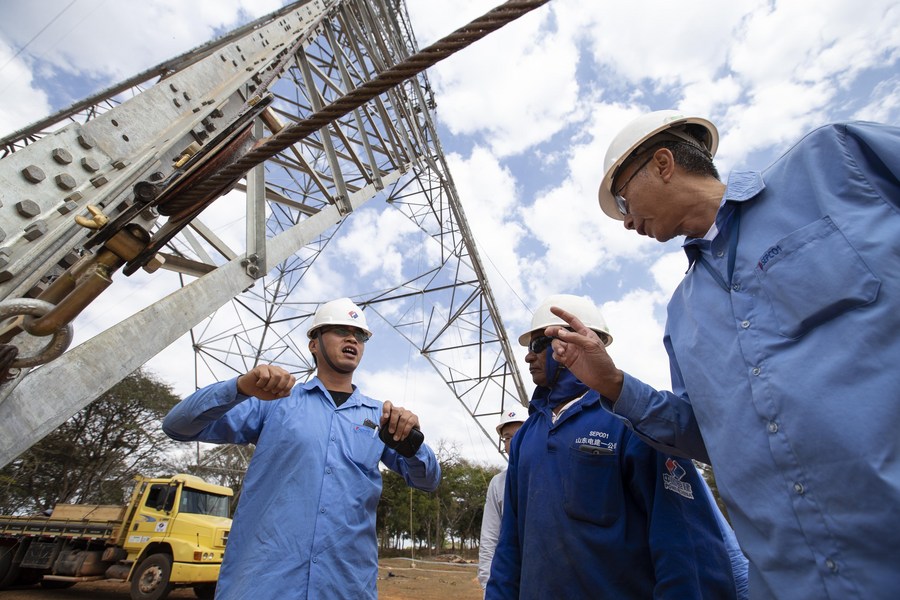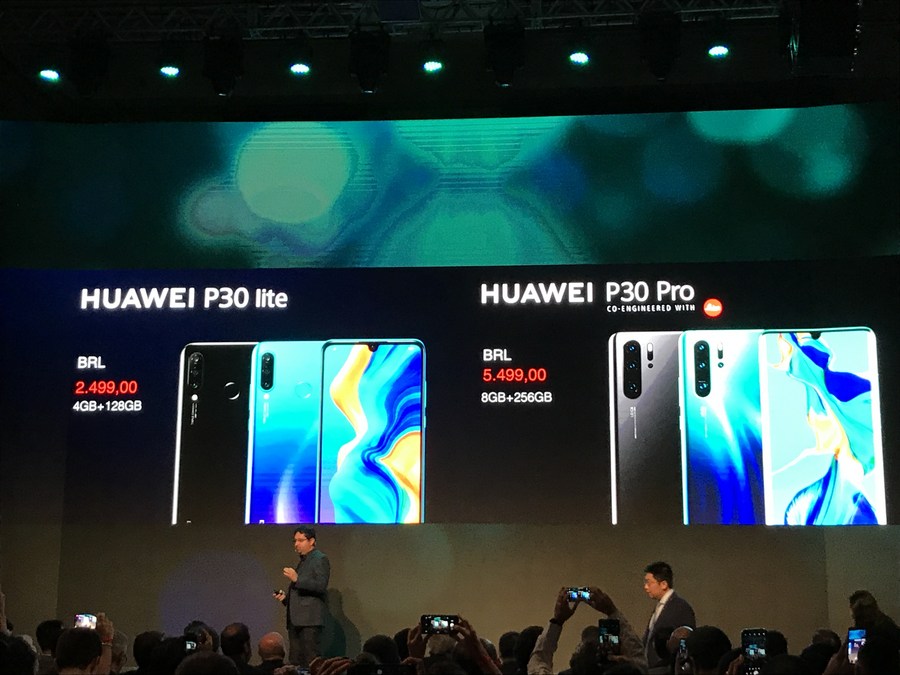China-Brazil Relationship: Steady Does It

China views Brazil as an independent, emerging power and in the spirit of teamwork, rather than rivalry, has always been confident in the power of bilateral relations.
The Extraordinary Ministerial Meeting of the Forum for Economic and Trade Cooperation Between China and Portuguese-Speaking Countries took place in Macao Special Administrative Region on April 10.
In 2015, China and Brazil signed a framework agreement on production capacity investment and cooperation, designed to promote bilateral investment and collaboration in infrastructure, logistics, energy, mining, manufacturing and agricultural trade. But seven years have passed by, and this mutually beneficial agreement has yet to be fully implemented, revealing the difficulties and challenges of Sino-Brazilian economic and trade cooperation.
Despite current Brazilian President Jair Bolsonaro’s at times antagonistic rhetoric in recent years, China and Brazil have maintained a relatively steady relationship since establishing diplomatic ties in 1974. Almost five decades of frequent high-level exchanges and broadened cooperation in science and technology, culture and sports prove the two countries can overcome any ideological or political differences to reach equally helpful results.
China views Brazil as an independent, emerging power and in the spirit of teamwork, rather than rivalry, has always been confident in the power of bilateral relations.

Nevertheless, economic and trade relations between China and Brazil are inevitably swayed by geopolitical factors. Competition between countries to acquire and sell cutting-edge technologies could become a thorny feature of the economic rivalry pitting China against the U.S. One crucial part of that conflict would be over the fifth generation of communication technologies—known as 5G. A most notable recent case, in terms of market size, was the tender for Brazil’s 5G development.
U.S. National Security Advisor Jake Sullivan had urged Brazil not to use China’s Huawei Technologies equipment in developing its 5G telecommunications network last August.
Brazil, at that time, made no promises about whether it would use products from the Chinese company. In November 2021, the Latin American giant held its much-anticipated auction for the build-out of its 5G network with the open question of whether Huawei would be involved. The company did not participate in the auction, but might still enter the game later.

As 5G technology is a core technology in the new tech revolution, the application of its advanced, safe and highly cost-effective equipment is crucial for a country to lift global competitiveness.
Huawei’s 5G core portfolio is widely considered one of the strongest among all 5G core products from the world’s mainstream telecom equipment vendors. After more than two decades of operating in Brazil, the company has provided some 16,000 local job opportunities and enjoys sound cooperation with over 500 Brazilian businesses. Moreover, Huawei equipment covers 50 percent of local mobile communications networks and 95 percent of the country’s population. Taking all this into account, it would be unwise to succumb to the U.S. at the expense of one’s own interests.
By December 2021, China had been Brazil’s largest trading partner and export market for 13 years running. Despite pandemic disruptions, bilateral trade hit a record $138 billion in 2021. Additionally, Brazil posted a trade surplus of $41.4 billion against China in 2021; sales to China rose 28 percent year on year, according to official data from the Brazilian Ministry of Economy.
The close economic cooperation between the two countries exists courtesy of the ever-upgrading reciprocity between both markets. At present, China is a stable importer of the Latin American nation’s more conventional farm produce like soybeans. In the future, it will surely demand more diversified products, including higher value-added ones. Brazil is expected to take a visionary approach to the relationship and create a better environment for the expansion of trade between the two countries.
 Facebook
Facebook
 Twitter
Twitter
 Linkedin
Linkedin
 Google +
Google +










